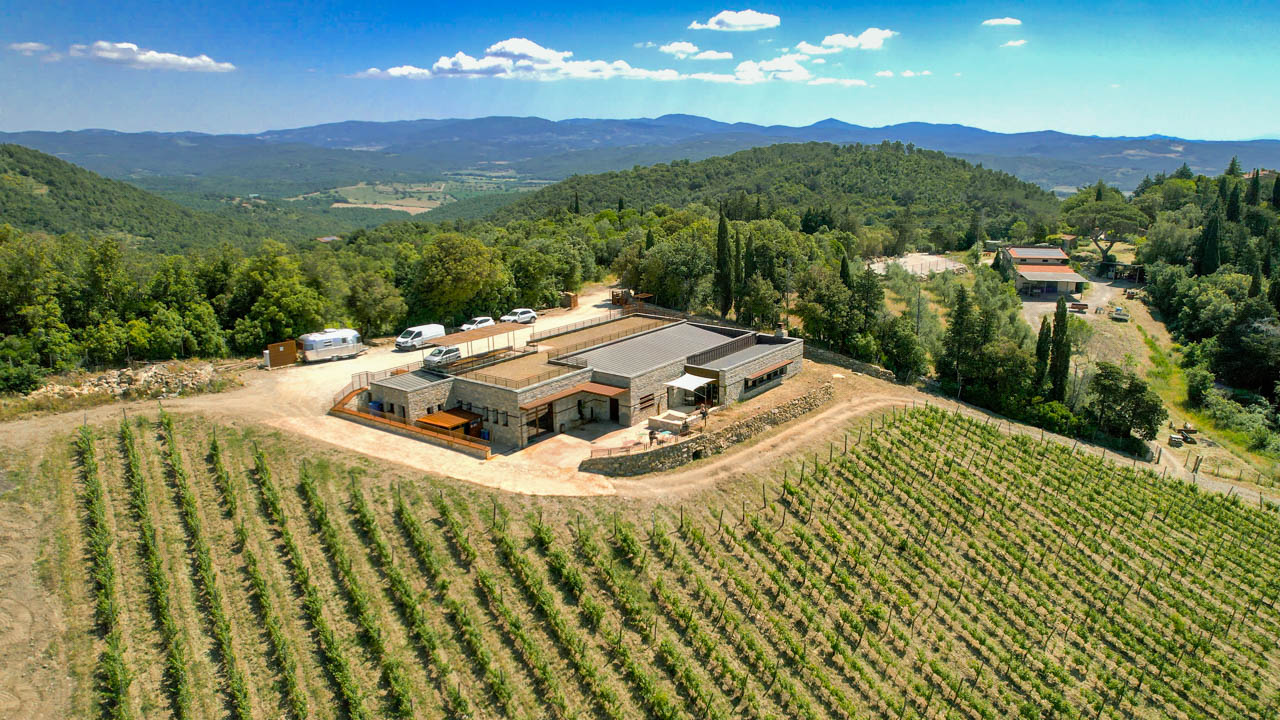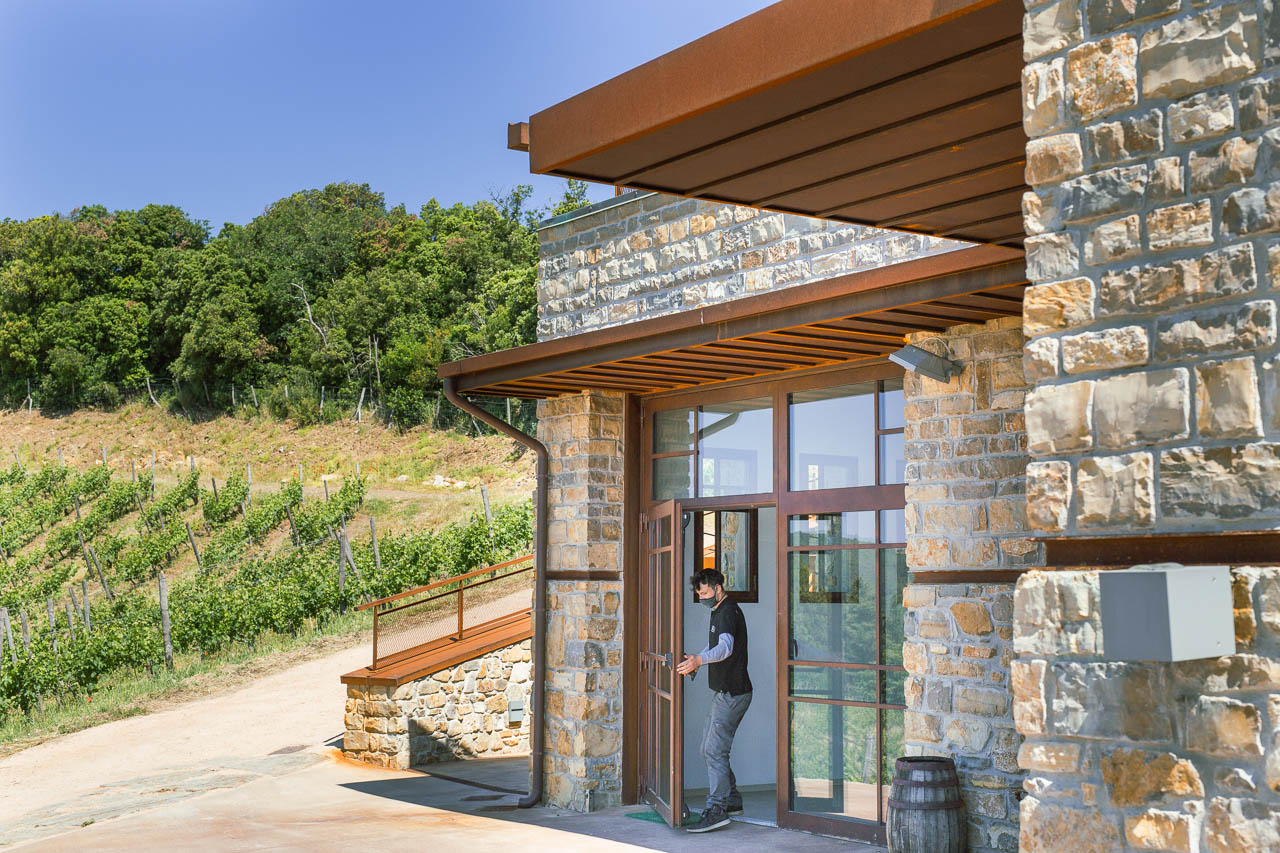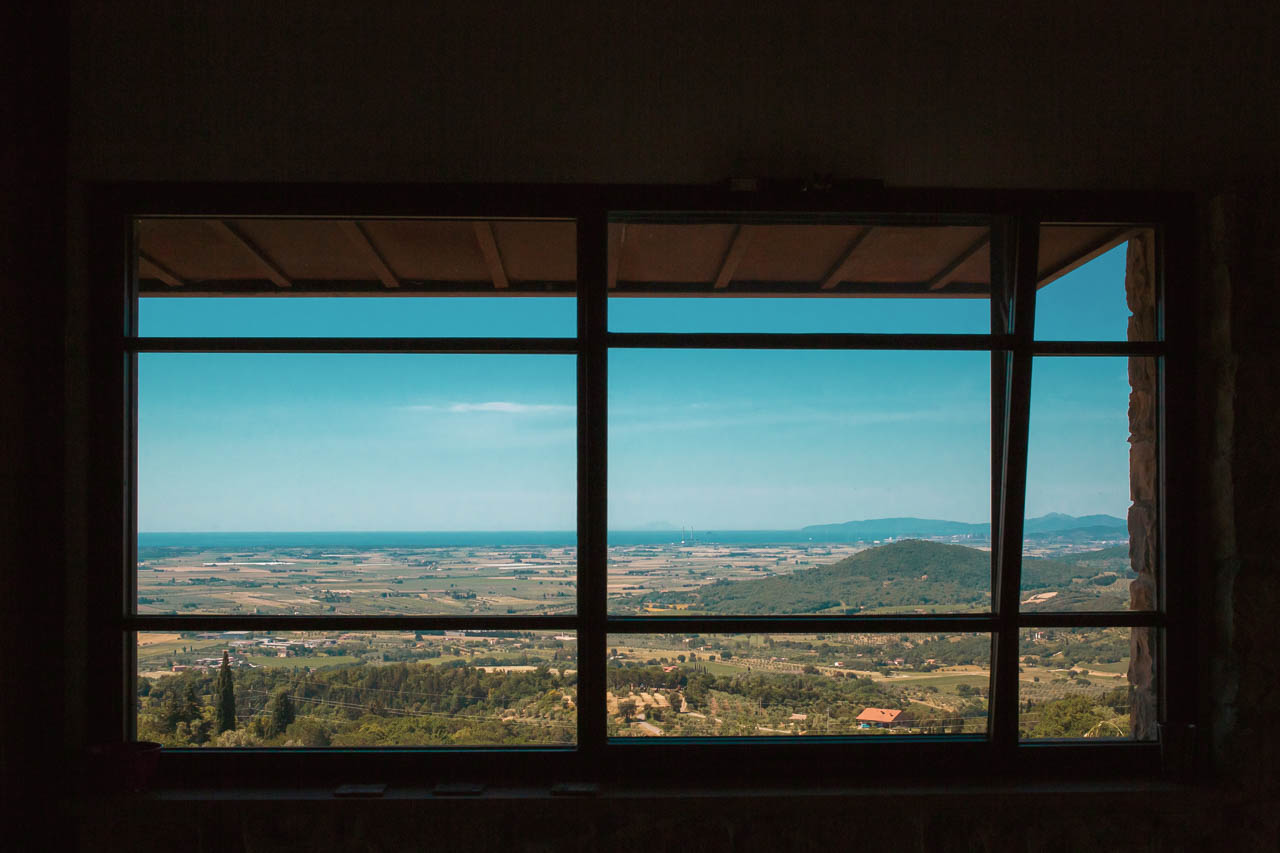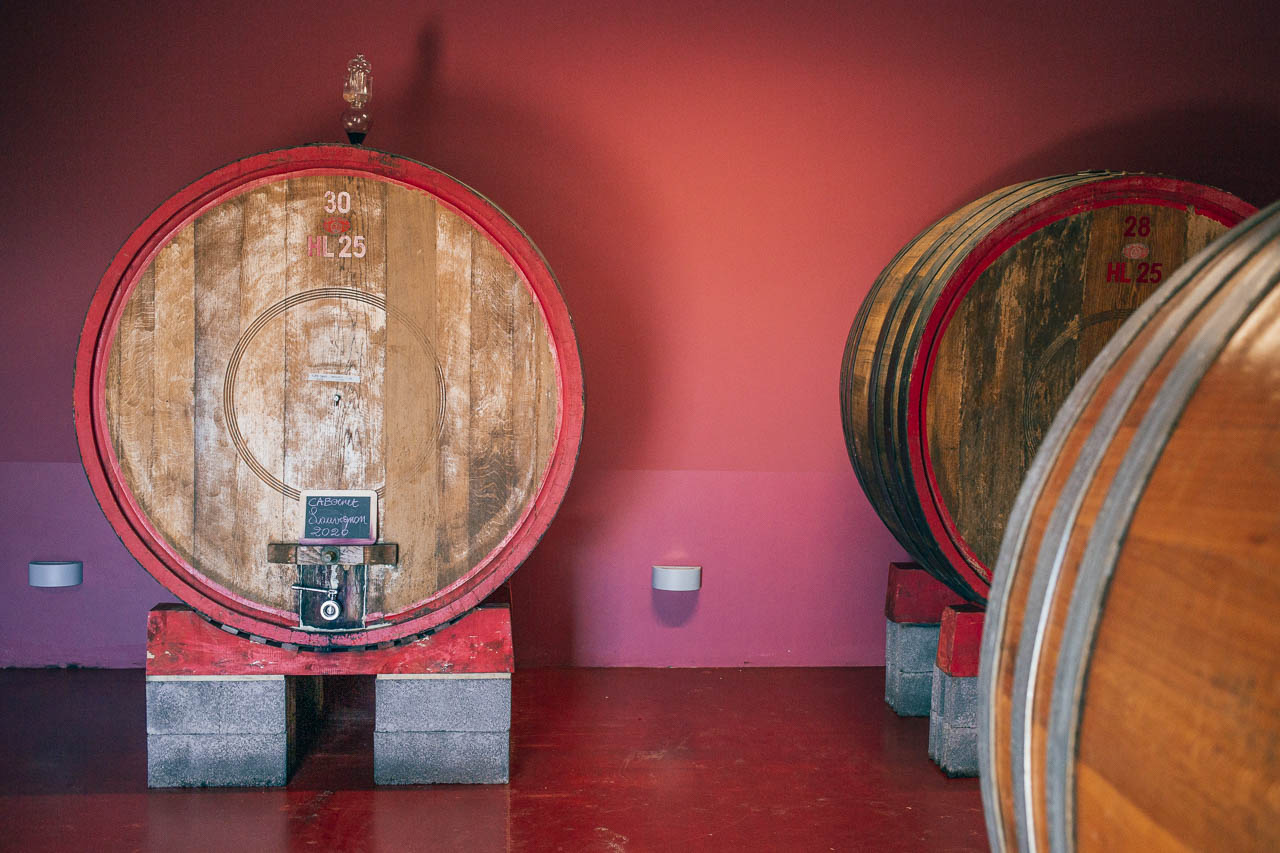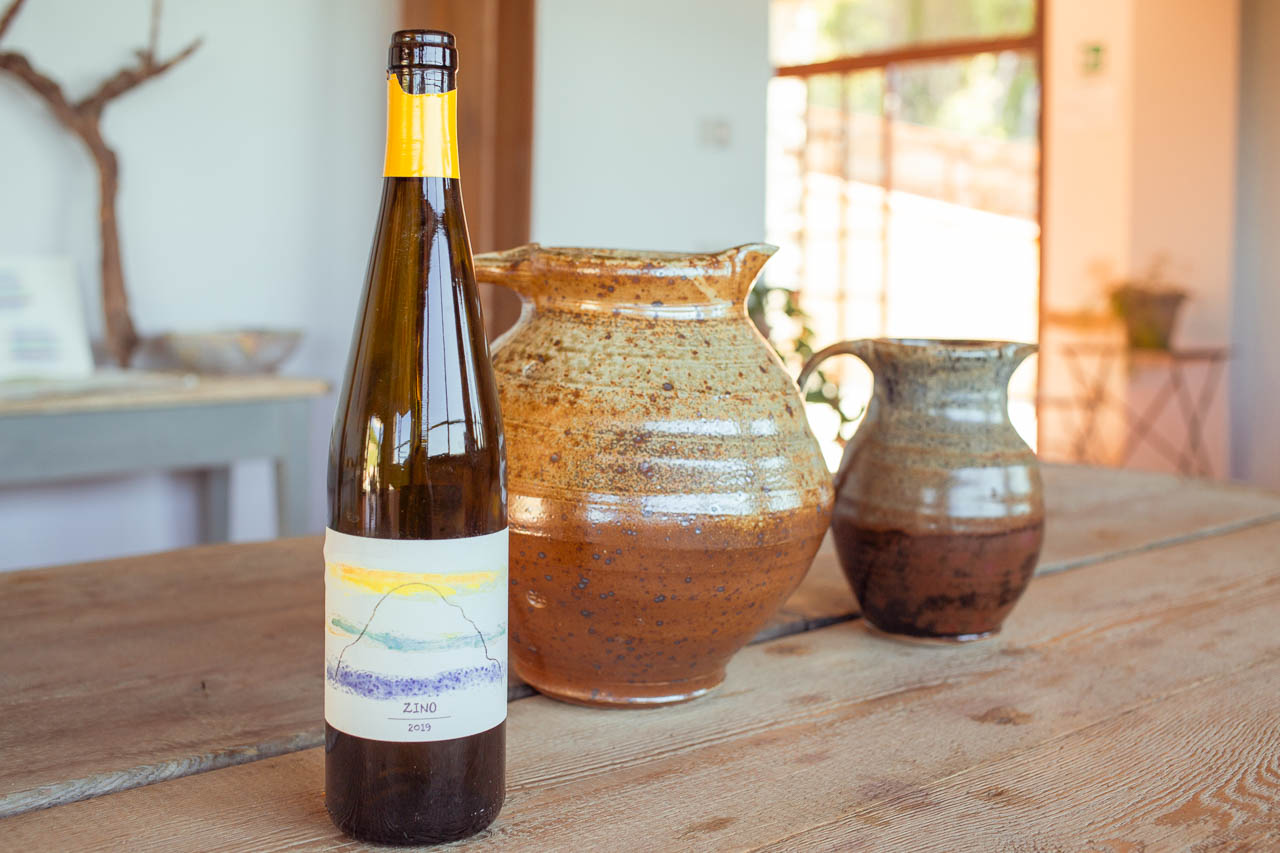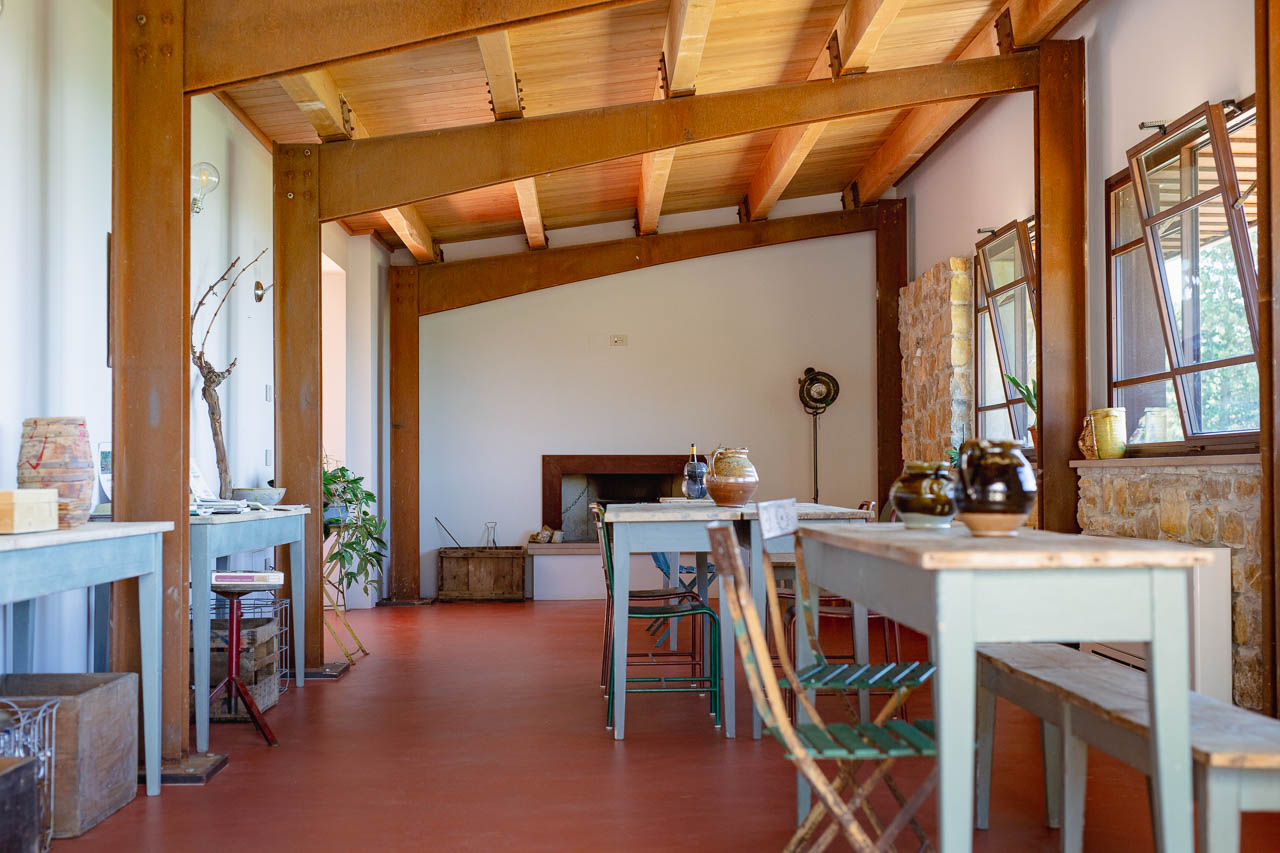Tradition meets Science & the Results are Magical
Unexpectedly, I Mandorli a Tuscan wine, changed my views regarding everything Italian. It profoundly led me to re-evaluate my beliefs about farming, youth and modern Italy itself.
At the epicentre of wine production in the Maremma region, Suvereto is an important stop on the ‘Wine Road’. Its’ beautiful geography, weather and wine making traditions are what people imagine when dreaming of Tuscany.
Looking for a winery to feature on this blog, I canvased several locals in the hope of making connections at one of the famous local wineries.
A short-list of the “big three” wineries checked all the boxes necessary to illustrate my story about wine and Tuscan culture:
- Traditions unspoiled by modernization
- Quality, Passion and an obsession for the craft
- Classic old-world vibes
With a complete narrative in mind, all I had left to do was to find a winery, gather quotes and take photos.
Things don’t always work out as planned…
In retrospect, it was a predictable narrative but I figured a story of Old-world simplicity and tradition was what people wanted to hear. It is the story I wanted to hear.
The combination of the words “Tuscany” and “Wine” imply a sensory goodness that hits the palate and the soul.
Could most people identify a wine based on a uniquely Tuscan flavour?
Probably not.
Would most people buy a Tuscan Wine without knowing anything about it?
Yes.
Together “Tuscany” and “wine” add up to marketing gold.
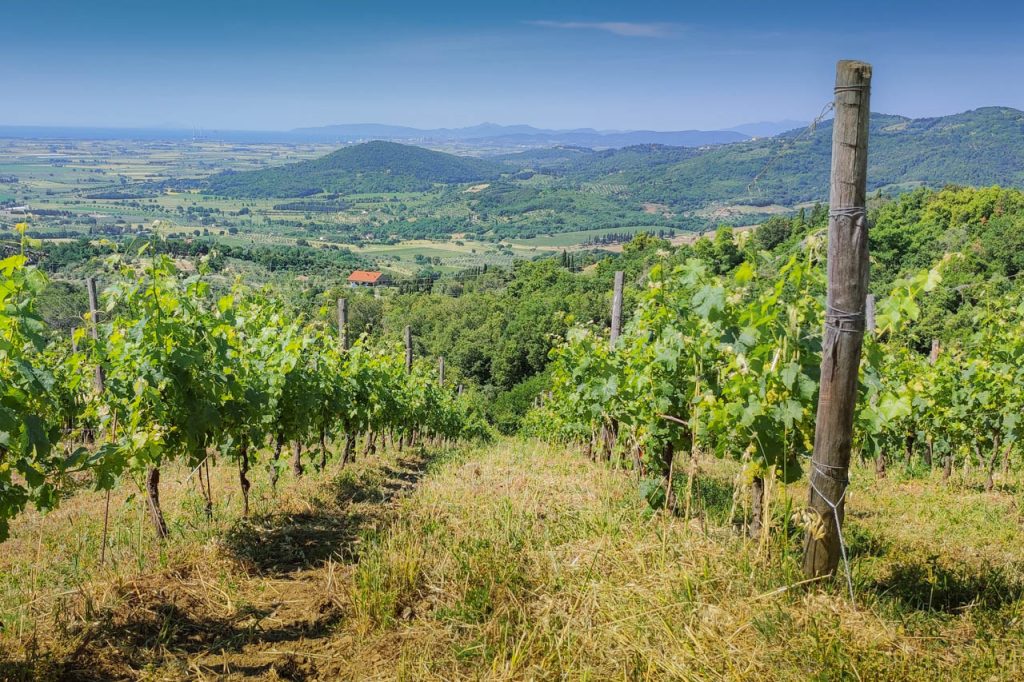
I Mandorli was the first winery to agree to my story request.
I had never heard about them. In fact, the more I learned about I Mandorli, the less I wanted to visit.
Everything about them contradicted my sepia-toned narrative.
They are a modern operation located high on a wind-swept hill, run by Millennials with a ‘new way’ of looking at things.
Ugh.
I considered declining the offer to visit but ultimately agreed as a courtesy to the person who arranged everything.
My fixer didn’t tell me too much about I Mandorli other than “they are cool”.
Cool? Another strike… I need traditional not cool.
As a European-Canadian, I’ve always had my in feet two worlds. First-generation kids always see the world from two sides.
Cultural observation is at the core of Borgo Boutique’s philosophy. Generally unhappy and over-worked, North Americans long for the authentic simplicity of Tuscan life. North American’s obsession with media & consumerism is a product of lives unfulfilled. Synthetic happiness is served through TV & brand names.
Borgo Boutique aspires to build a brand which leverages Tuscany’s character to provide customers with an authentically human experience.
Featuring a modern winery potentially risked self-sabotage. “Old-world” escapism is a huge part of the Tuscan narrative. Would we be detracting from the appeal?
Next, my own biases about Millennials came into consideration. At my age, people view Millennials as both self-promoting and under achieving…. “Influencers” who don’t actually do anything.
A “new way” of doing things? Really?!
What’s new in wine-making?
I was skeptical to say the least.
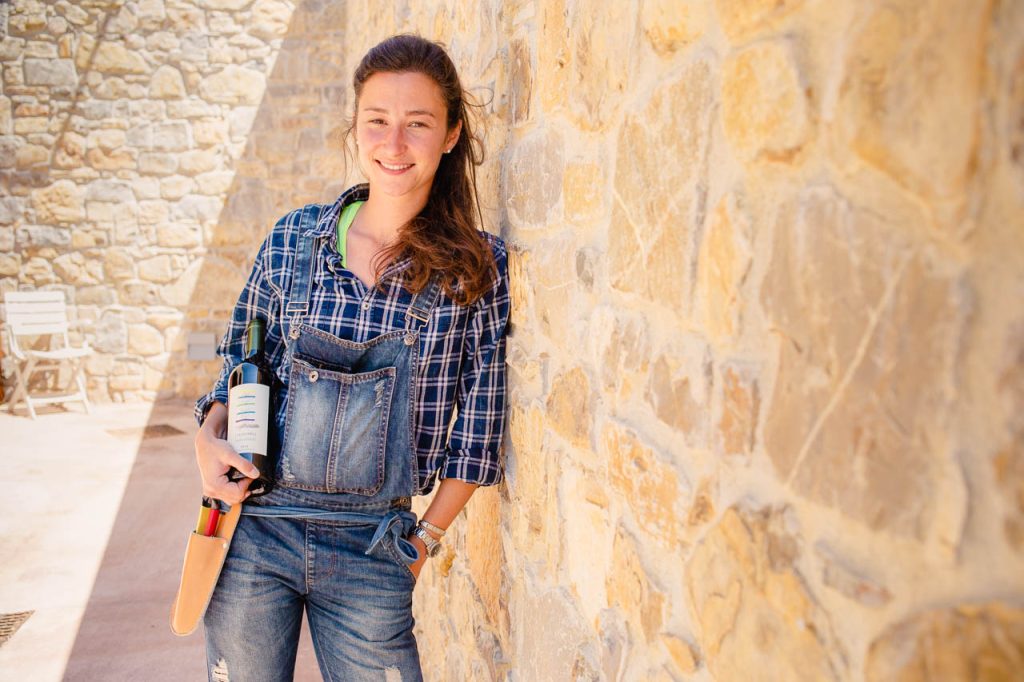
As we drove up the winding road from Suvererto, the elevation got higher and the temperatures got lower. Reaching a 300 meter elevation, an ultra-modern winery awaited as we looked down onto vineyards, valley and sea below.
I Mandorli (The Almond Trees) looks like it would be more at home in California than in Tuscany.
Soon Costanza, a beautiful young woman, greeted us. Based solely on her youthful appearance, cool fashion-sense and command of English, I assumed Costanza was employed by the winery as Public Relations representative.
Soon my pre-conceived notions of I Mandorli began to turn and morph around me like a scene from the movie Inception. Constanza, a vibrant woman in her early 30’s is not only a face for the brand, she is the brand. At this exact moment, my mind was blown.
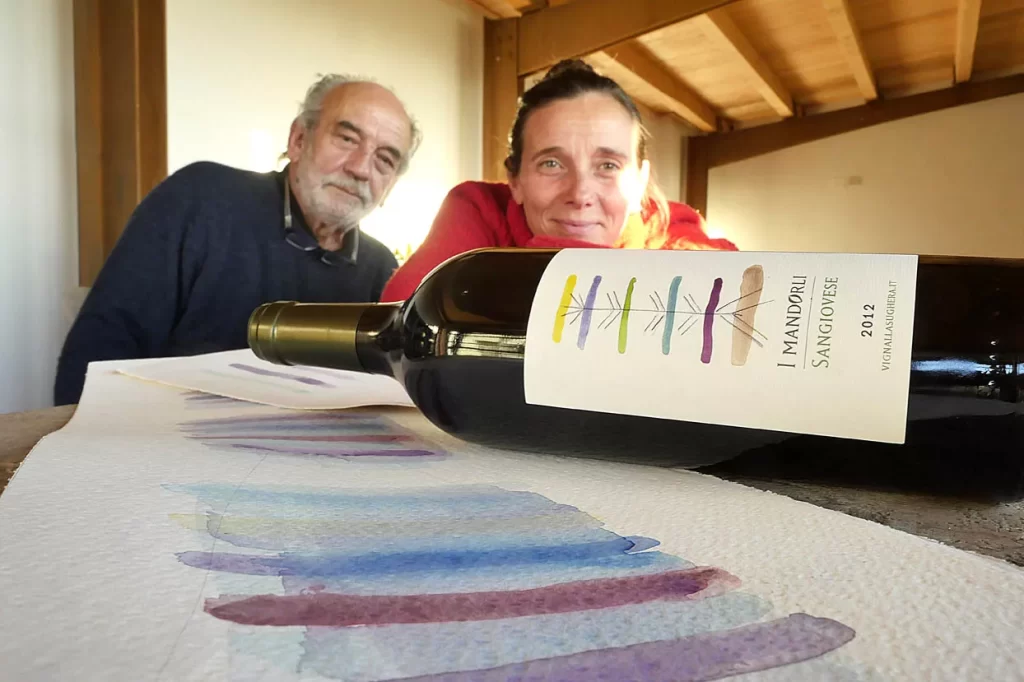
Started by Massimo Pasquetti in 2002, I Mandorli is a family business. Without any previous agricultural experience, Massimo had no intentions of making wine. There was no actual plan. The only plan was to grow a few olive trees to make small batches of oil for himself and his friends.
Massimo first planted Sangiovese grape vines in 2003, then Cabernet Sauvignon and Franc the following year.
The first wines were bottled in 2010. Encouraged by the initial results, he continued to expand the vineyards. From 2011 to 2018 another 5 hectares were planted and the modern cellar was built.
As expected from wine of this region, I Mandorli’s wine is brilliant. Their current wine portfolio consists of 6 wines. I recommend the VIGNA ALLA SUGHERA (Sangiovese) or I MANDORLI BIANCO (White Wine).
As impressive as the wine is, it is not the real story. I Mandorli’s approach to agriculture is the true star here.
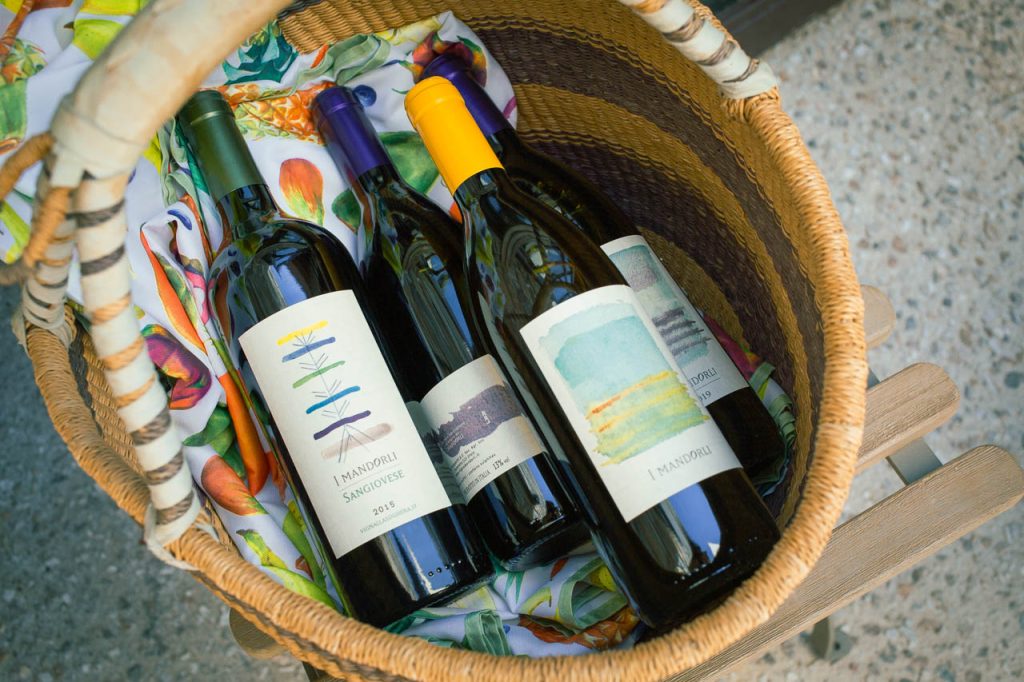
Massimo has put his trust in Costanza, who is now in charge of wine making at I Mandorli. She explains their uniquely holistic philosophy towards agriculture:
We practice organic agriculture that respects the environment and the consumer. A holistic approach is based on listening to the vineyard. We intervene only where there is a need.
Biodiversity plays a fundamental role in the balance of the vineyard. Agriculture does not exist in nature. It is a human act. It is important to maintain a varied and rich environment, because mother nature is a perfect spirit and thinks of everything.
For every unwanted insect, there is always another insect that is its natural predator. For each weed there is another plant that creates competition and keeps it at bay. And so on.
Bees are the best maintainers of biodiversity. They regulate the process of reproduction in wild plants. Consequently, microbiology is rich and varied.
We keep intact the natural balance of our ecosystem. Nature thinks about the rest.
Interesting but what exactly does it mean? Is this merely marketing or more Millennial hyperbole?
I understand the basic theory. By having a variety of plant and insect life, grape vines benefit directly and indirectly from the surrounding biodiversity. Everything contributes to a healthy and strong ecosystem.
Surely, there must be more to the story… how about fertilizers, pests and plant diseases? These are all important aspects of farming, how are they managed? I probe deeper for more information from Costanza.
We do not use synthetic fertilizers or products. We use different natural cultivation techniques for soil fertilization, such as the green manure and cover crops with different seeds.
We use biodynamic preparations (500 horn manure, clay horn, 501 silica horn, propolis and equisetum) to assist the trophic activity and the life of the soil and canopy.Promoting soil life is fundamental: through the symbiosis between mycorrhizae and the root system, the vine lives in balance, it manages to assimilate water and nutrients and to defend itself from root pathogens.
If you’re confused, don’t worry. I had to go back and Google each one of those terms myself. There’s a lot of science happening here. Some items (horn manure 500) are nutrient-packed fertilizers while others act on the vine’s root system to better absorb nutrients.
Horn Silica 501 for example, is an organic spray that promotes growth, increases the power of the sun, enhances flavour, aroma and nutritional quality.
All the science checks out and is very impressive to say the least.
I’ve only ever considered “modern” farming in terms of industrialization, chemical use, heavy machinery and genetic modification. All of which are detrimental to the sustainability of the land, our health and the environment.
I Mandorli’s interpretation of “modern” is an A-ha moment. Applying ancient farming techniques to modern scientific and biologic understanding is an agricultural revolution.
That’s not hyperbole.
Costanza and I Mandorli are the real-deal. What they are doing is nothing short of brilliant. They are proving that you can be profitable while being a good steward of the land.
So why farm this way?
If it easier, cheaper or faster? No.
Does it maximize profit? No.
Does it taste better? Yes.
Is it the right thing to do for the sustainability of the land? 100%
My opinions have changed. Sometimes you don’t realize what you’re missing until you see it. Whether you realize yet it or not, this is the new Italy.
Removed from the tropes of Lambo’s, Versace & old men sitting on benches; Italy has a smart, conscientious, young generation working hard to move the world forward.
I wanted a traditional old vineyard because it fit an old narrative.
Perhaps changing the narrative of farming should be the goal. Conscientious “Designer Agriculture” could make people care as much about their food and the land as they do about their shoes.
Does I Madolori checks all the boxes necessary to convey my narrative about Tuscany?
- Traditions unspoiled by modernization – check
- Quality, Passion and an obsession for the craft – check
- Classic old-world vibes – check (but not how I ever imagined)
I Mandorli offers wine tastings and guided tours of their estate. Focus is placed on the biodynamic philosophy, winemaking, cellar and ageing room with tastings. Discover more about I Mandorli at www.vignaimandorli.it

